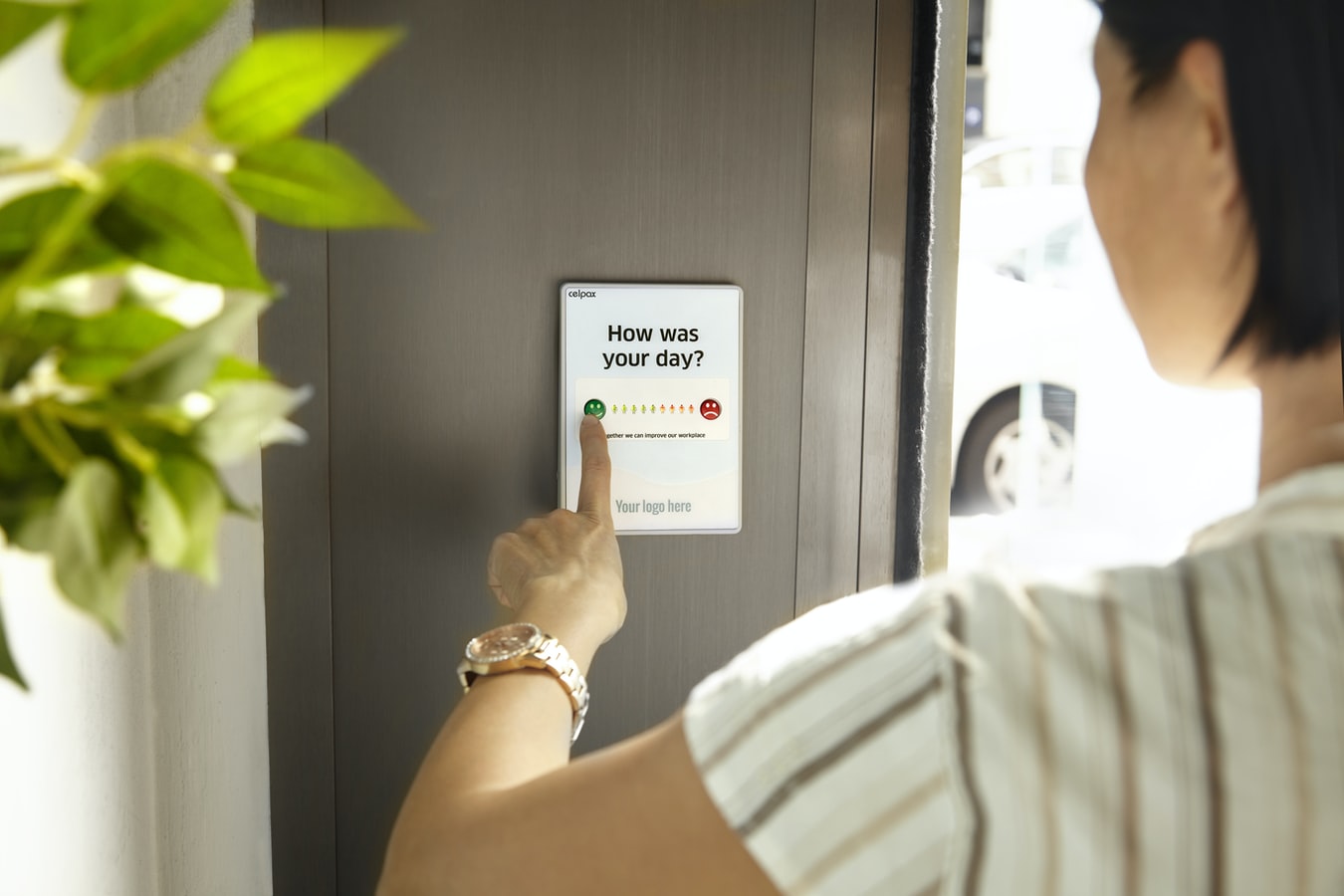I was recently reading an article, which reminded me just how important it is for leaders to understand the differences in people and how they process information. It was an article about two personality types, described commonly as Introvert and Extrovert. These types are known to have unique ways of feeling re-energized and motivated. They each have characteristic ways of interacting with the world and processing information.
Extroverts thrive under social stimulation and focus on their external environment and the people around them. They tend to learn by doing and like to talk through ideas and problems.
Introverts on the other hand enjoy spending time alone or in small groups of people, and may get overwhelmed in new situations or by large groups.
They prefer to observe a situation before ‘jumping in’ and like to focus on one task at a time.
As with anything, this is a spectrum rather than being exclusively one or the other, and general consensus seems to be that around 50% of the population would fall into each I was recently reading an article, broad category.
The implication for leaders, managers, and employees is that you will likely have to work with someone (colleague, client etc) who processes information in a way, which is different to you.
Two people working closely together could react and communicate differently to the very same set of circumstances. And of course for business leaders, this makes it difficult to cut through the feedback noise and focus on what is actually important.
What’s the solution?
I am a big fan of feedback. Whether it be as an employee, a manager, or even a board member, regular constructive feedback and corrective action can underpin individual and organizational success. But what is the right feedback?
Most importantly, feedback needs to be authentic and truthful. There is no point in getting any type of feedback, either positive or negative, unless it is based on fact.
Otherwise, it is just noise. Feedback also needs to be timely to minimize risks and costs, and capitalize on opportunities for improvement. Timely information allows for timely decision-making.
Face-to-face conversations, which are truthful and honest are ideal, however one of the big challenges is that extroverts are people-oriented and may not always be the best to deliver negative feedback. Conversely, introverts need time to think about how they feel, and aren’t always able to communicate what they think in meetings.
Online surveys are a common method for obtaining feedback from everyone in a way, which is consistent – everyone gets the same questions in the same way.
However, the temptation to ask too many questions is often too difficult to ignore (generally speaking, surveys that take longer than 8 minutes are too long to keep people’s full attention). Also, do-it-yourself tools like Survey Monkey struggle to overcome the fact that employees want anonymity (some people would prefer to say positive things to overcome the possibility of negative feedback coming back to haunt them in future).
With our clients, we are encouraging a new form of ‘continuous’ feedback, which asks less questions more often, about the things that matter to business performance, and using this information to drive better conversations between managers and employees. It provides a way to ensure all employees, regardless of how they process information, can have their say without the burden of long and often-boring surveys.
Leaders who are able to get the right feedback at the right time can make better business decisions, and go a long way to ensuring their organization achieves its goals.






































